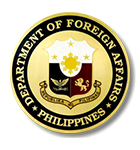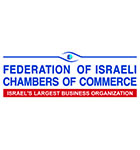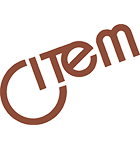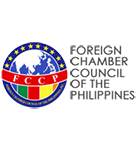Online Security Architect Erez Lugassi Sheds Light on the Darknet
The recent takedown of the Darknet marketplace Alphabay sparked renewed interest in cybersecurity around the world. Dubbed the largest operation of its kind in history, the Alphabay shutdown surpassed another major cyber operation four years ago.
“Alphabay was considered to be ten times bigger than Silk Road that was actually shut down in 2013,” according to Erez Lugassi, security architect of cybersecurity consulting firm Maorev Cyber Systems, Inc., in an interview with ANC’s Early Edition.
Silk Road was a black market for illegal drugs, which a multi-agency operation busted. That incident, however, did not stop other darknet marketplaces from expanding and becoming more robust. At the time of shutdown, Alphabay had more than 200,000 subscribers and 40,000 vendors selling illicit goods like weapons, drugs, murder services, and stolen passports and identities. Collectively, they rake in as much as USD 600,000 or more a day – and, Lugassi said, that is even a bad day!
What is the Darknet?
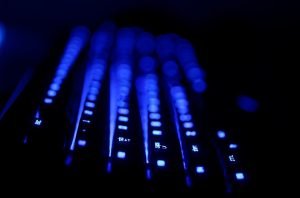 The Darknet is a hidden network on the Internet. Not all browsers or search engines can access it. Users need a special browser or software like Tor to enter the network. Tor keeps users anonymous on the network by hiding their IP addresses, preventing ISPs and government agencies from tracking their browsing activities or transactions.
The Darknet is a hidden network on the Internet. Not all browsers or search engines can access it. Users need a special browser or software like Tor to enter the network. Tor keeps users anonymous on the network by hiding their IP addresses, preventing ISPs and government agencies from tracking their browsing activities or transactions.
The Darknet was developed by the US government to keep communications between people, governments, and companies anonymous and private over the Internet. However, people began using this discreet communication channel to facilitate illicit trade and activity.
Tangent with Legal Use
While Tor is a user’s best bet to enter the Darknet, it is used for other legitimate purposes, too. Not all search activity done on Tor is for Darknet sites. “I actually know a lot of people who are using Tor but they are not aware that Tor is used for surfing the Darknet,” the security expert mentioned. “And the Darknet is not only marketplaces. You can find a lot of information there, a lot of tools. WikiLeaks and the Arab Spring actually started from the Darknet as well.”
The Darknet has hosted legitimate political activities as well that would otherwise be banned by the host countries of the user. China, for instance, banned Facebook through the Great Firewall of China and dissidents have used Tor to bypass this firewall and communicate dissent throughout their social spheres.
“We see those websites all around the world, and I can say that there is a sort of footprint of Filipino vendors as well. But I think those websites have to have a lot of resources. You need to know what you’re actually doing in operating websites like that,” Lugassi stated. “Probably we have some of those websites sitting here in Asia, and we don’t know it.”
What this means is that legitimate online businesses are running alongside illegal ones and they are not aware of it, making them vulnerable to a Darknet attack.
How big is the Darknet problem?
Lugassi, a member of the Israel Chamber of Commerce of the Philippines (ICCP), said marketplaces like Alphabay and HANSA are present globally. Such networks appear to have a complex operation, and they know how to avoid detection with the anonymous and encrypted nature of their servers.
Authorities have had difficulty tracking and apprehending the online criminals. HANSA, for example, the third largest market on the Darknet, was monitored for two years before its shutdown. The takedown of Alphabay was, in fact, an accident, the security expert said. The site was detected due to a mistake committed by the site administrator. “If he did not [make] that mistake, we’d probably see that site still operate.”
Tracking vendors would be close to impossible, but governments are zeroing in on the source. “The idea is to actually catch the servers,” thereby cutting off the proverbial ‘head of the snake.’ Tracking the servers will help the authorities find the vendors and the people who use the sites.
Should we, then, limit the use of technology?
He admitted that, for now, there is really no easy way to detect and stop the trafficking of weapons, people and drugs, as well as money laundering and other illicit trade activities. He said governments are using many tools and they have been successful in some of their operations.
“However, we do need to separate the technology [from] the actions of the people because criminal society is all over the world. This is just another channel for those criminals, who use [it] to sell their goods, to give their information, bypassing blockage. We have to take into consideration that technology is supposed to be good. And [though] what people are doing with this technology is not good, we have to consider that it could be used later on for the greater good.”
Source:
https://hbr.org/2016/12/the-darknet-a-quick-introduction-for-business-leaders
ANC Early Edition interview video



